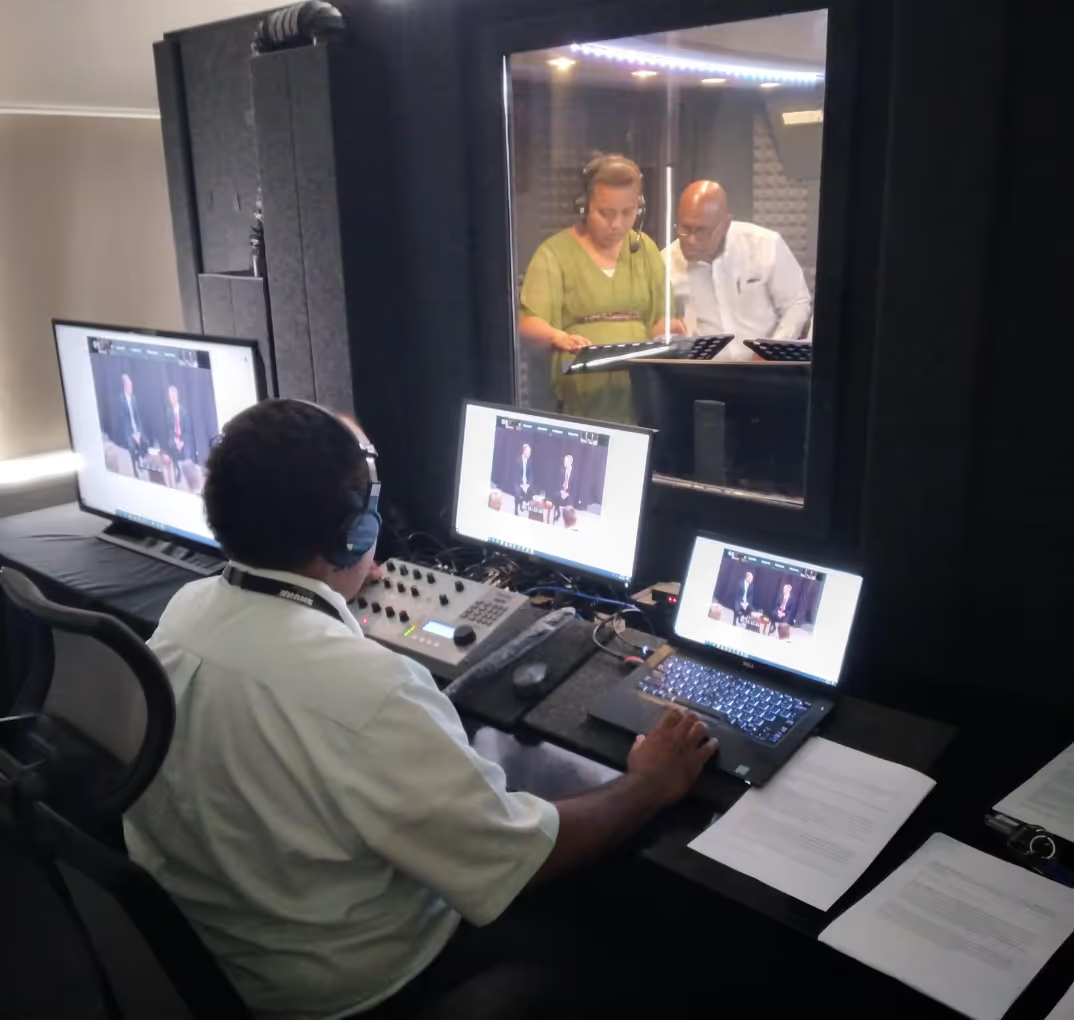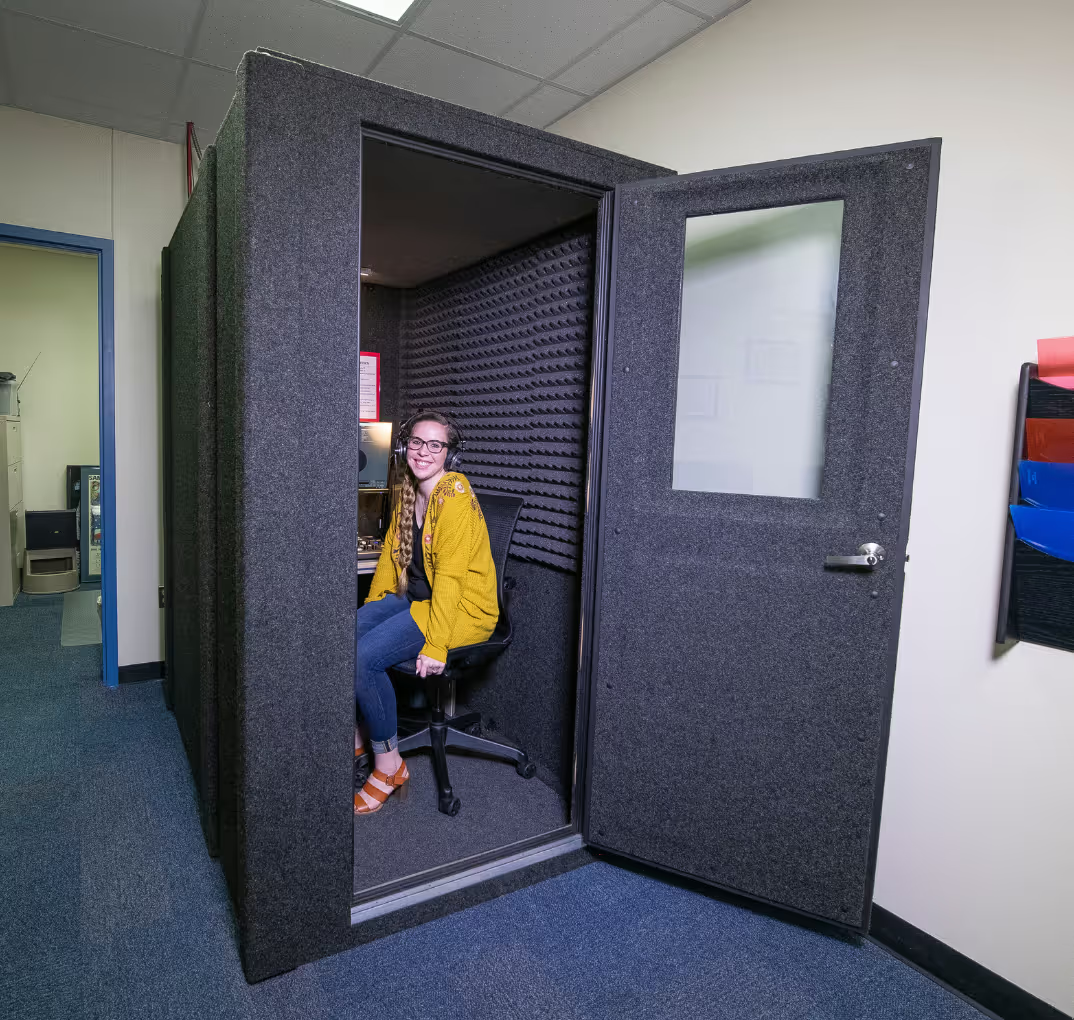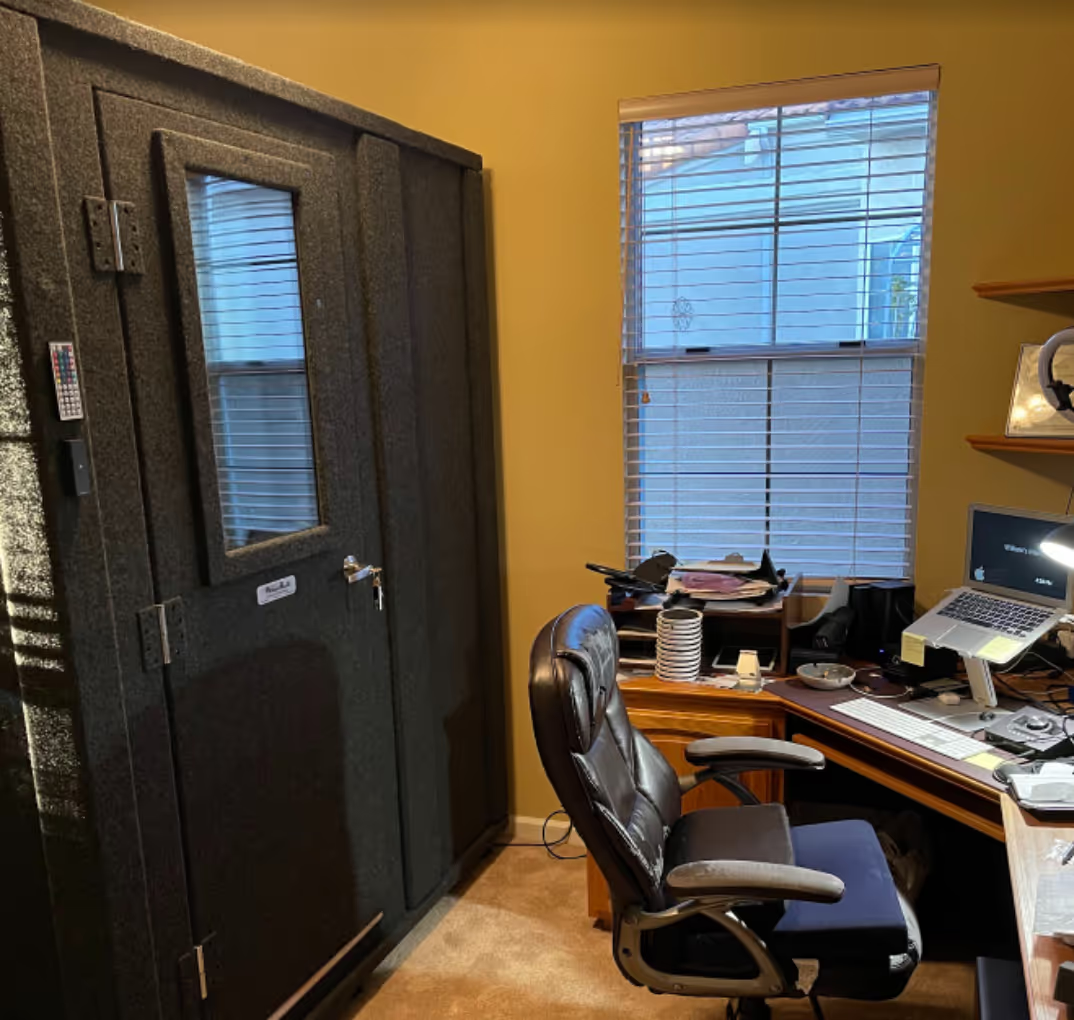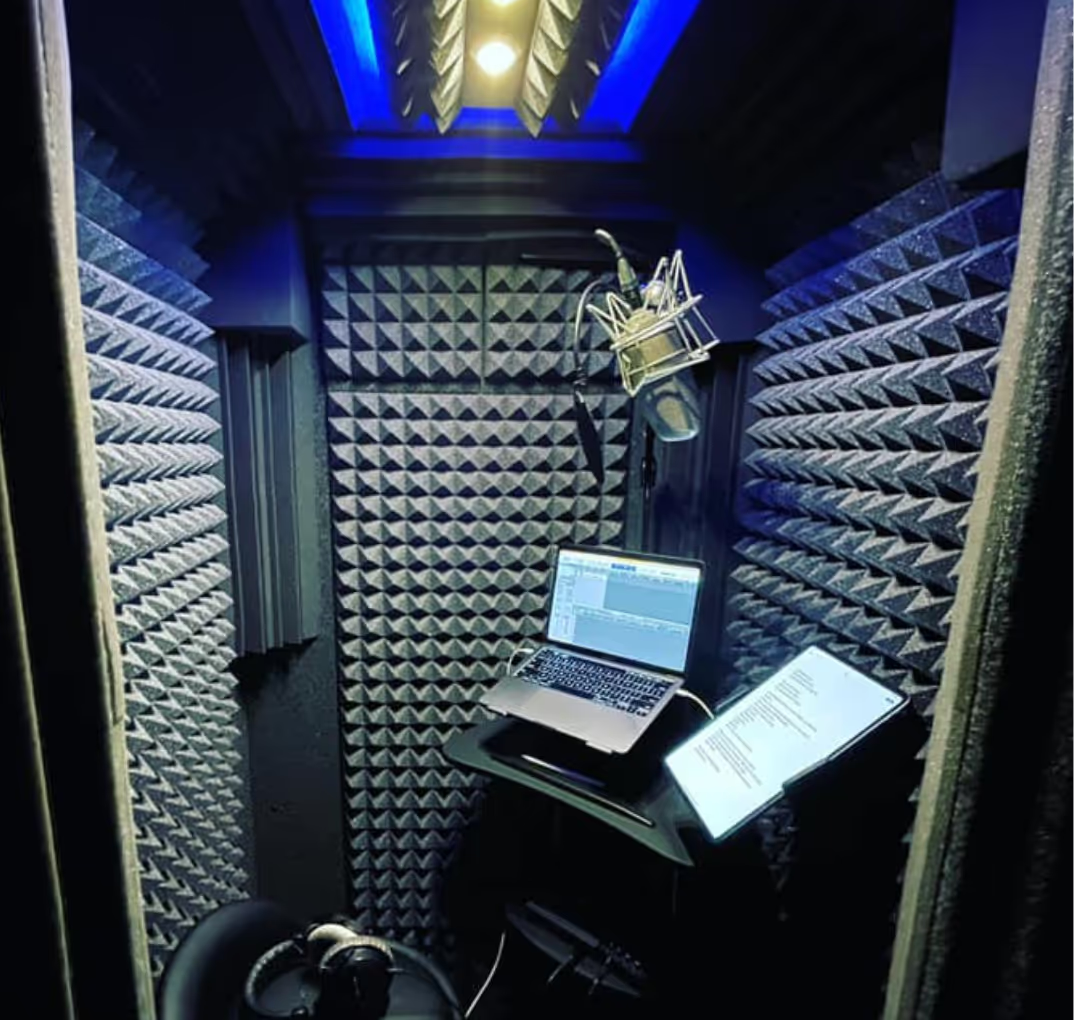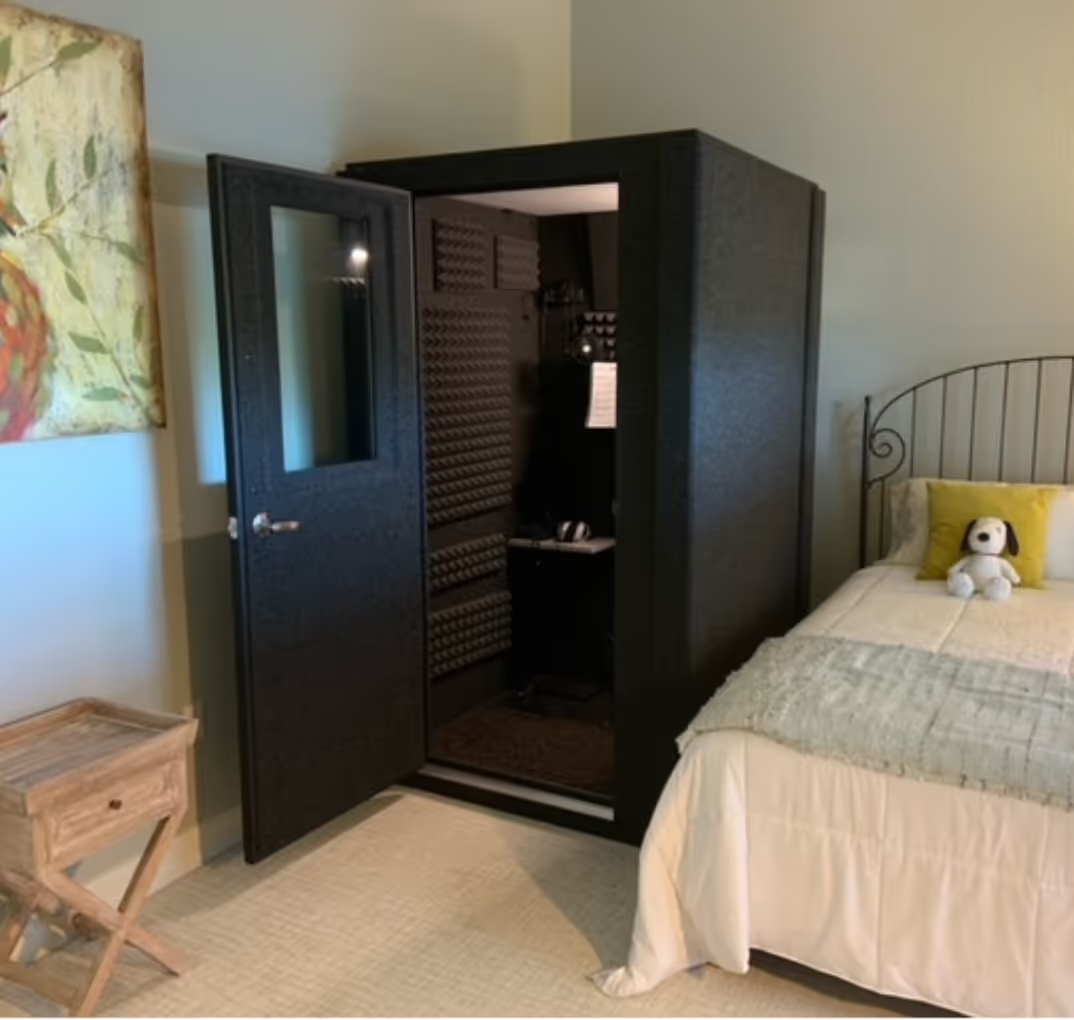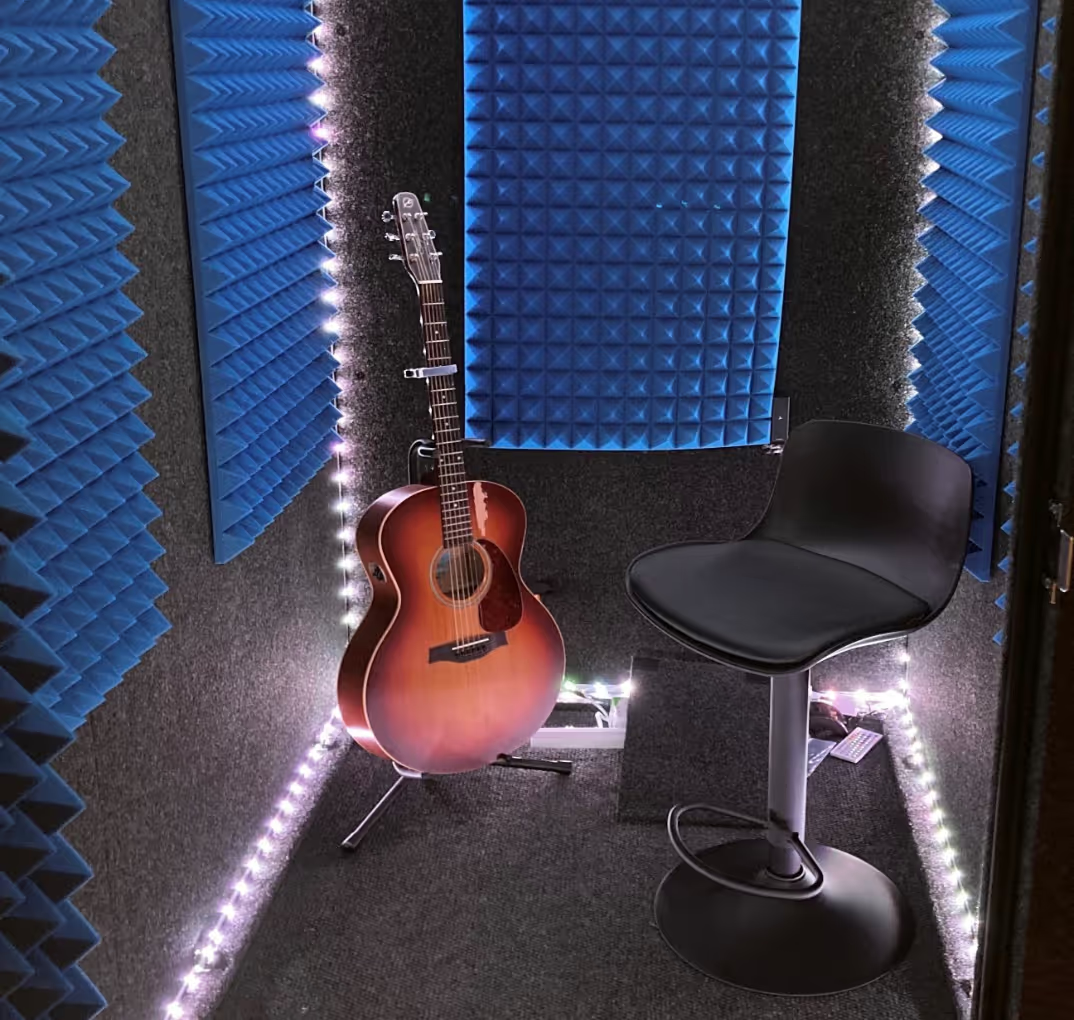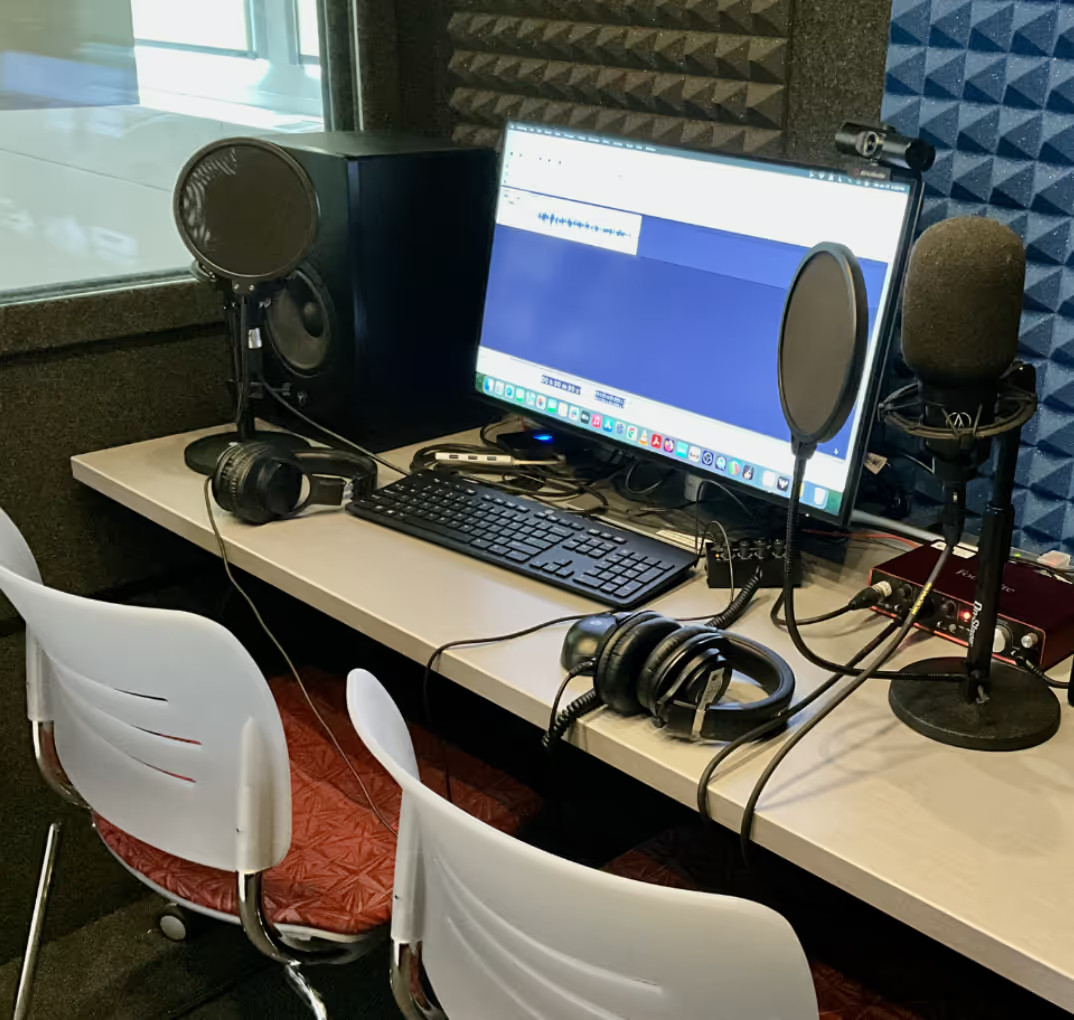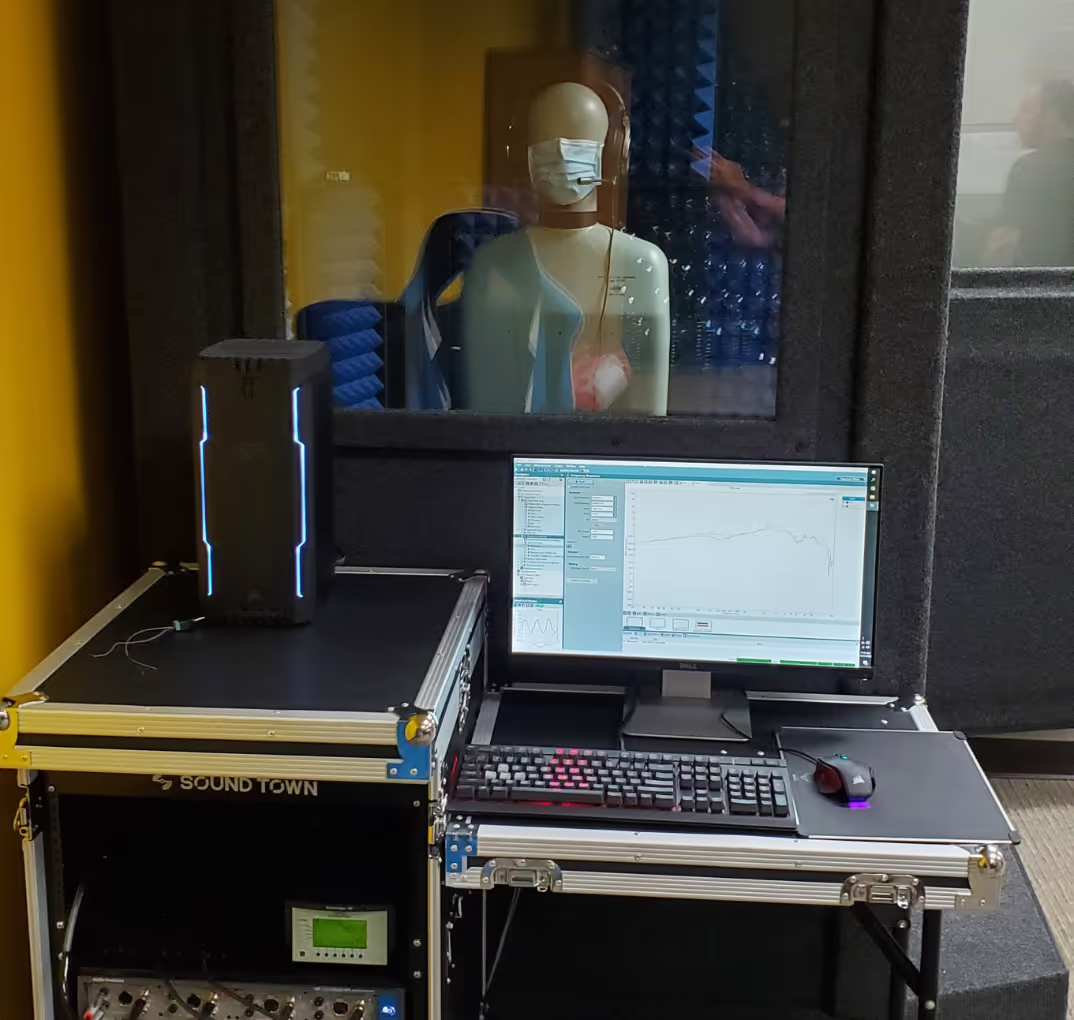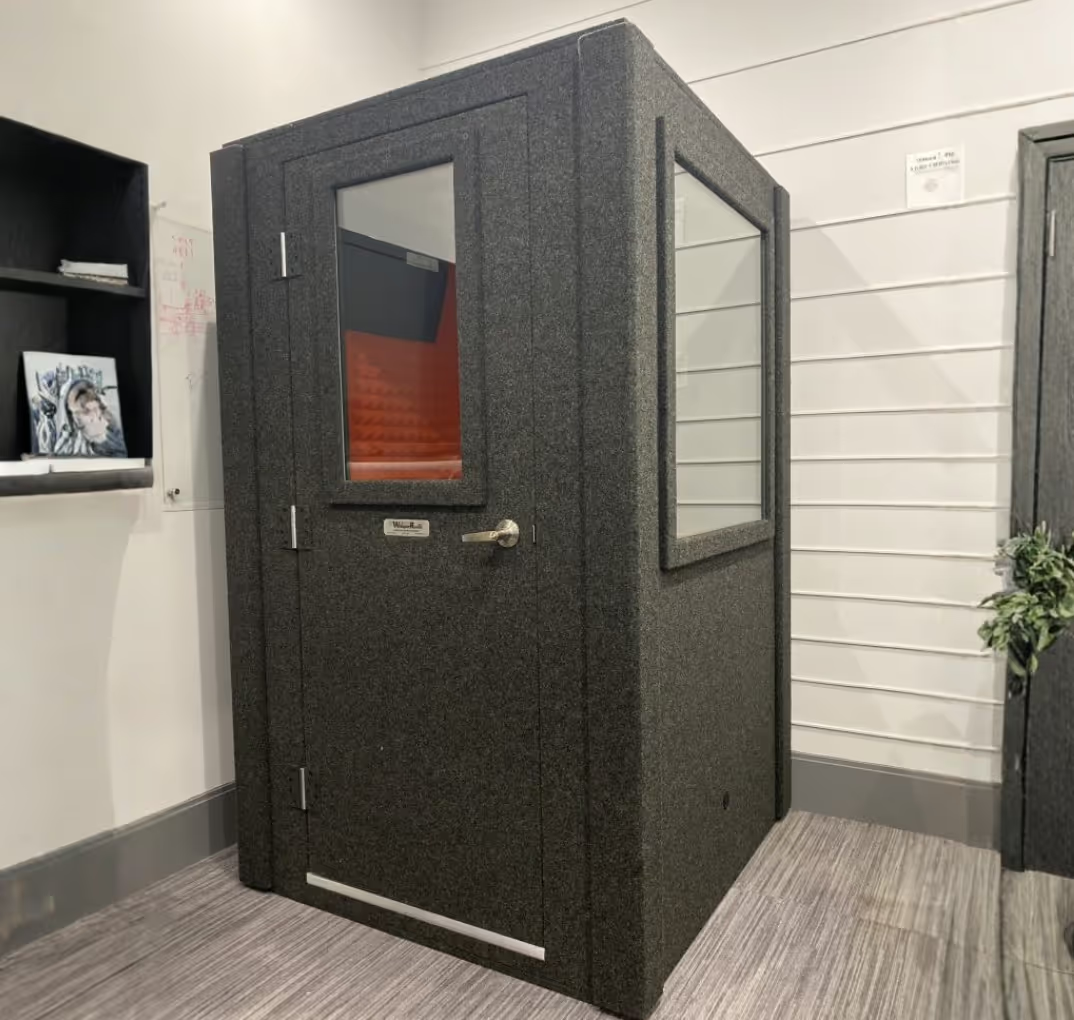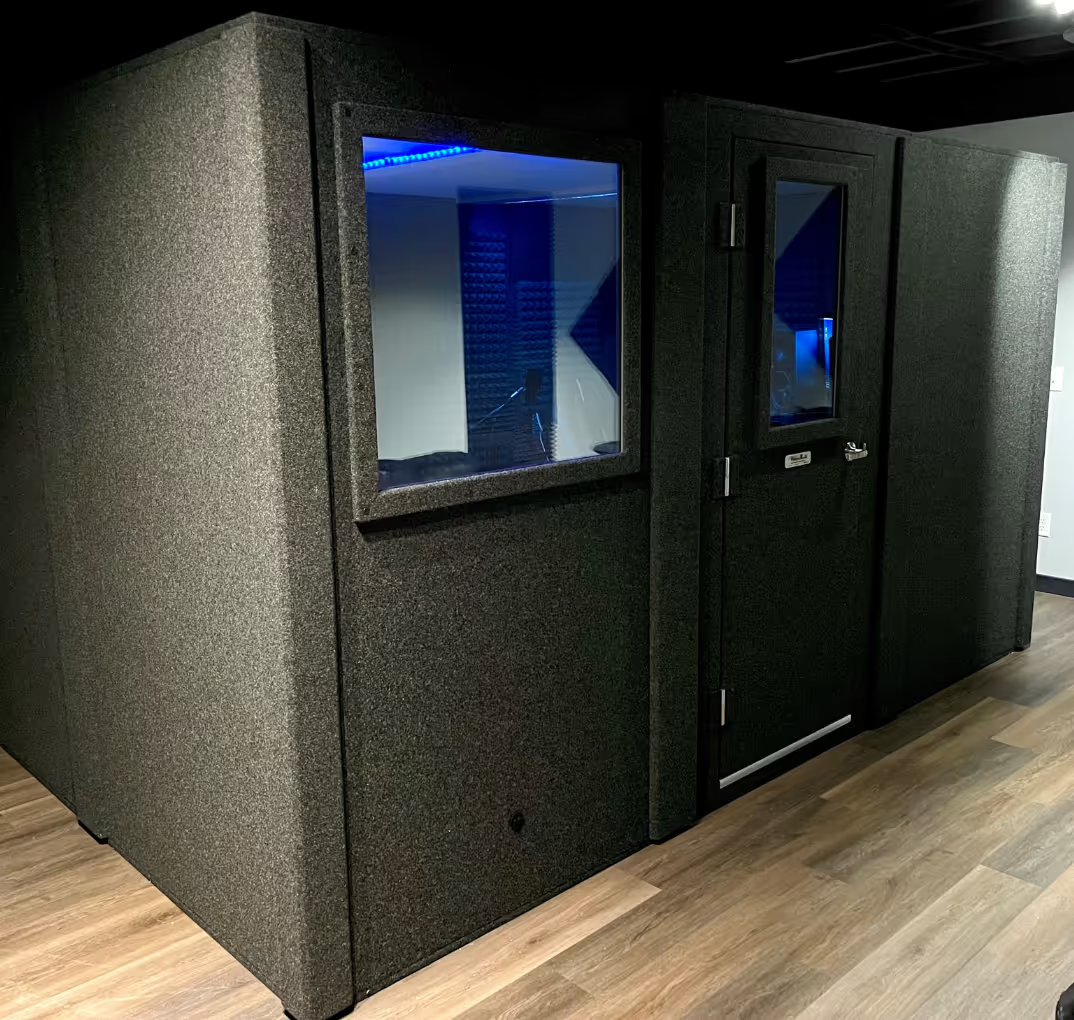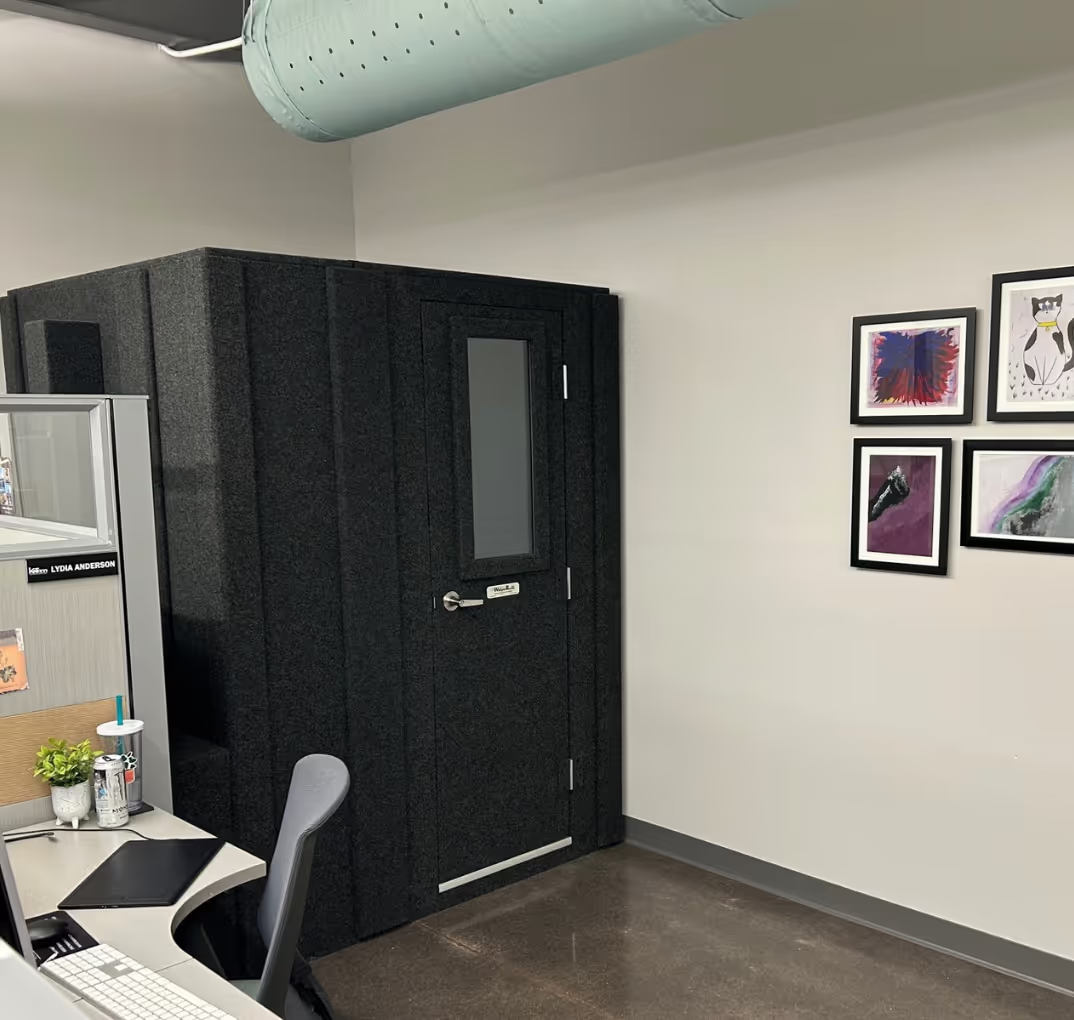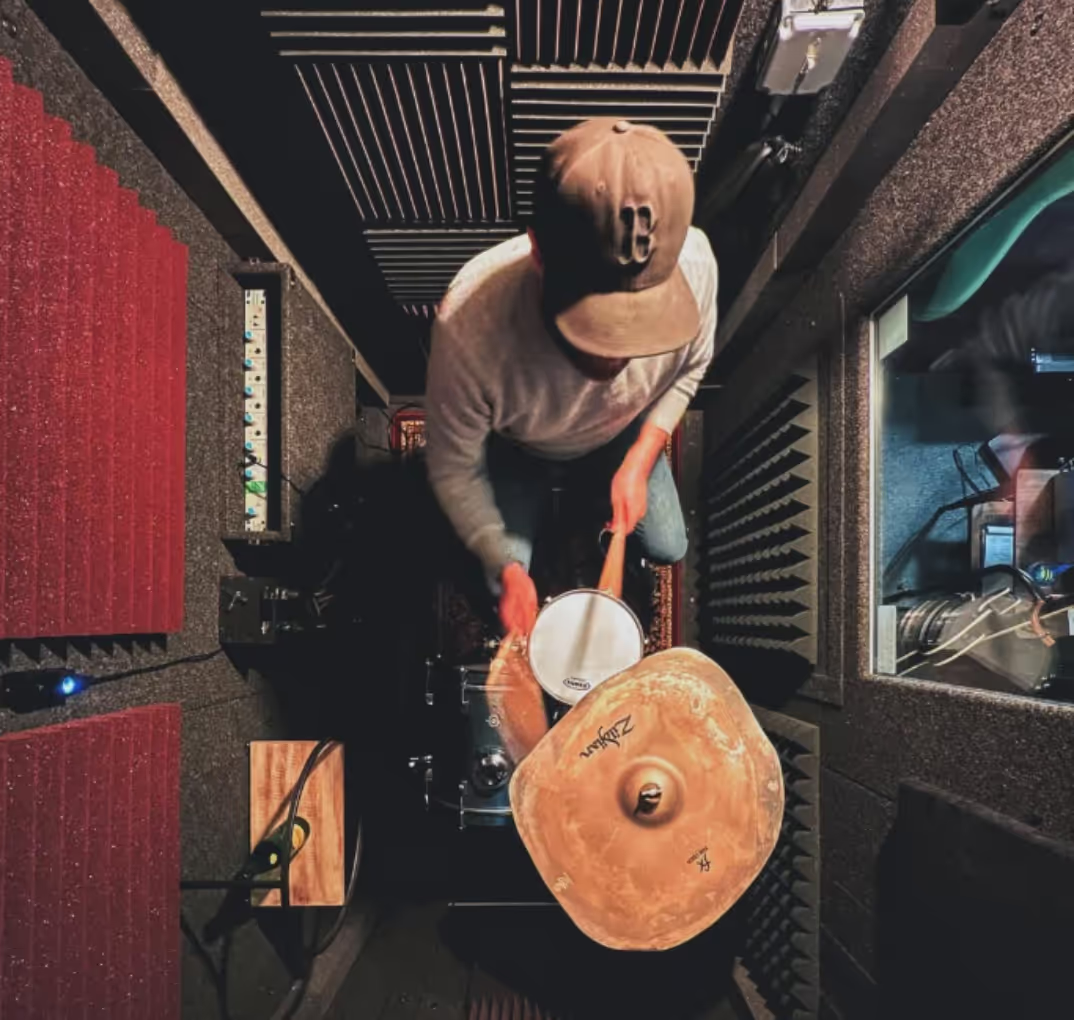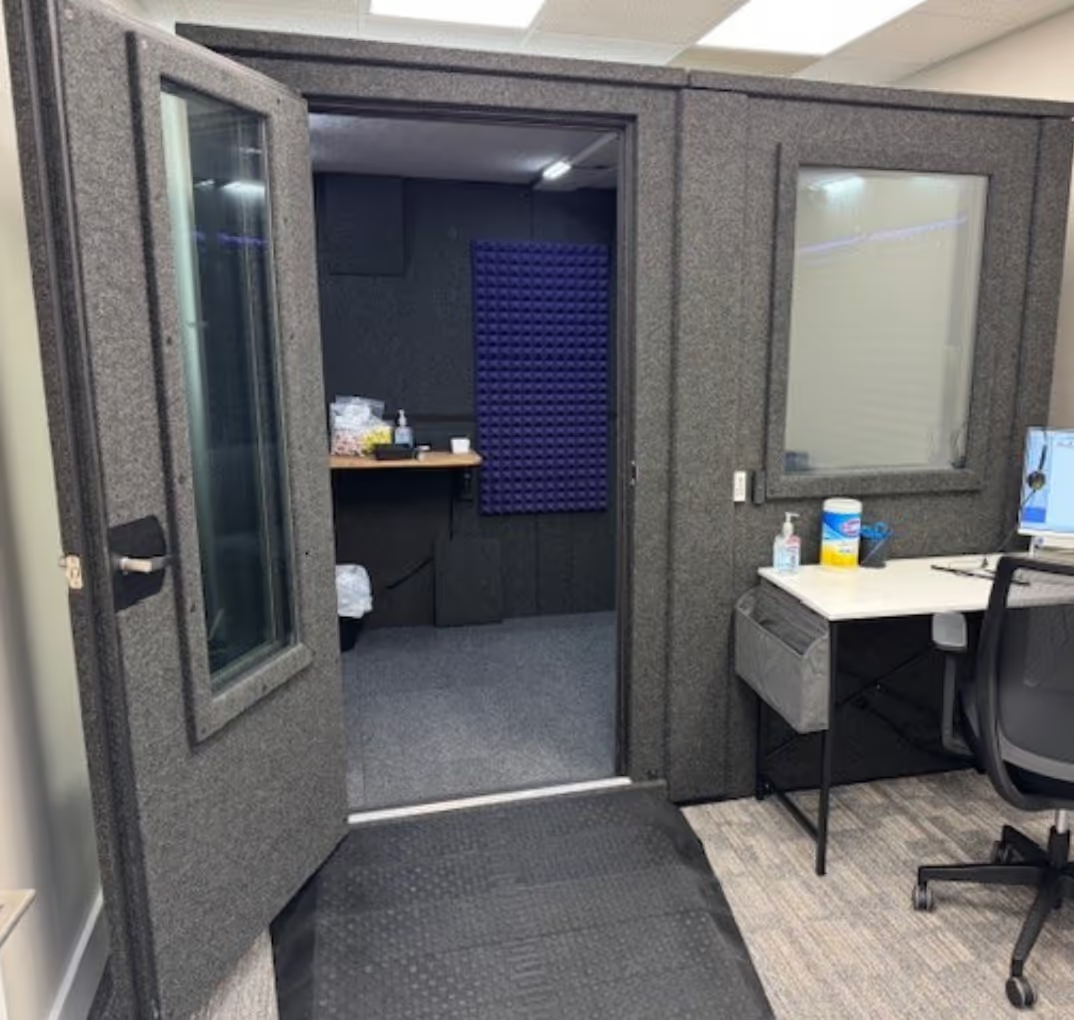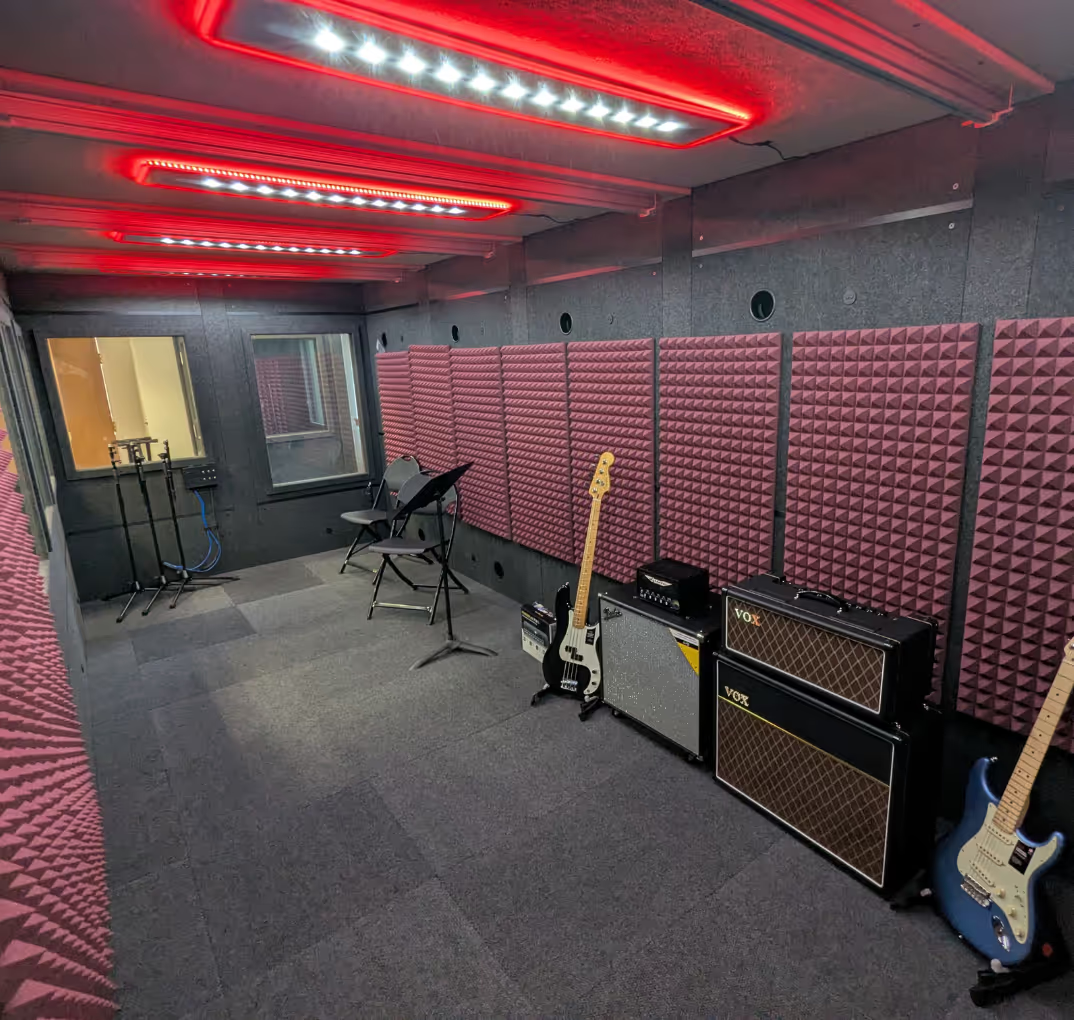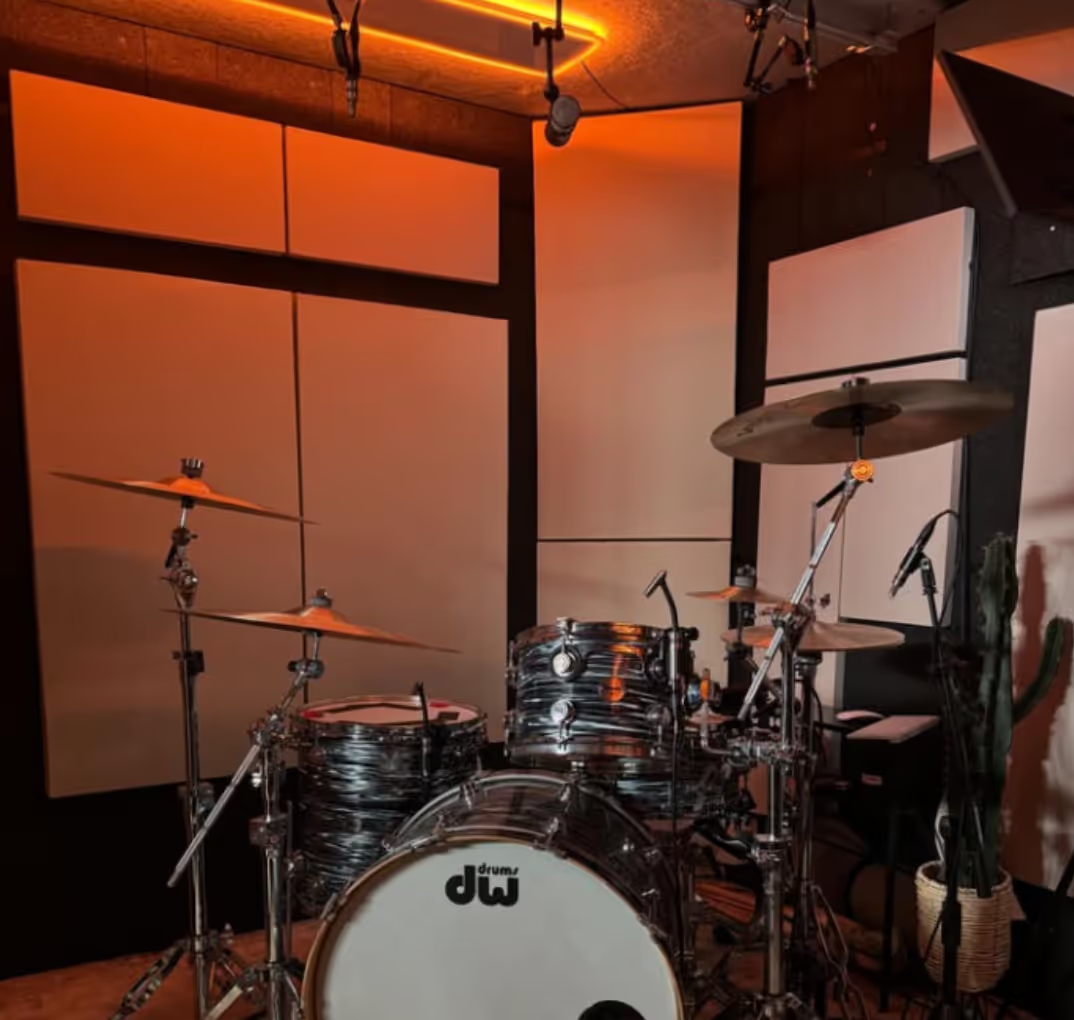Fossil fuels, oil spills, and water contamination typically take the forefront when we think about environmental pollution. However, the phrase "noise pollution" has a serious context that impacts our modern world in ways you might not even be aware of.
What is Noise Pollution?
It's important to define what the phrase means before going further into how it involves us. The term refers to all the noise that enters society as a result of industrialization. Construction, transportation, technology, and everything around us unintentionally adds constant noise to our lives.
Transportation: Noise Pollution's Biggest Cause
Almost all of the U.S. population is affected by persistent noise from traffic.
According to the Bureau of Transportation, 97 percent of Americans are continually exposed to the sound from aviation and interstate traffic. These nonstop noises range between 35 and 50 decibels. For reference, that's about as loud as a refrigerator's hum or two people talking calmly at home in a quiet suburb.

However, the sound doesn't have to be ear-piercingly harsh. For example, the small whirring of your computer's fan is something that's defined as noise pollution.
What Does It Do?

Over a long period of time, noise pollution exposure on a regular basis can result in severe outcomes.
For example, high blood pressure is a commonly recognized symptom from exposure, and studies suggest that noise pollution can also contribute to other complications.
Complications from exposure
- Disturbances of sleep
- Hearing damage
- Increased levels of stress hormones such as cortisol
- High blood pressure
- Increases in heart rate and cardiac output
Negative effects of noise pollution
The bad effects of noise pollution don't stop there. For example, many people who deal with noise pollution are also prone to suffering from psychological issues and mental illness.
When coupled with the many other health detriments that can directly result from noise pollution, it's clear that there are many negative aspects of being exposed to constant noise on a daily basis.
Tech Insider digs into the effects that noise pollution has on human health.
Can You Stop It?
As our society becomes more technologically advanced and crowded, it seems near-impossible to truly put an end to noise pollution.
Is the only option to move away from a city and live a quiet, rural life? Not necessarily—though living in a city increases your chance of always being exposed to sounds, you can still take action to lower the amount of noise you're exposed to.
Wear earplugs while commuting
Wearing earplugs during daily commutes is one option. You can avoid exposing yourself to unnecessarily loud sounds by having earplugs in during your subway and bus rides.
Nitsan Simantov shares some noise blocking tips on his YouTube channel.
Unplug unnecessary electronics
If you want to remove as much noise from your apartment or house, you should focus on unplugging any electronics that you don't use often. Though their presence is typically subtle, electronics can add to the noise that's present in a space.
Home decor and soundproofing
You can also employ soundproofing methods such as strategically putting certain furniture throughout your home. Plants, rugs, and even soundproofing wall pieces will help reduce outdoor noises.
If you want a guaranteed escape from noise pollution, our sound isolation enclosures provide you with a quiet space that will give you a break from all distractions.








.avif)
.avif)
.avif)

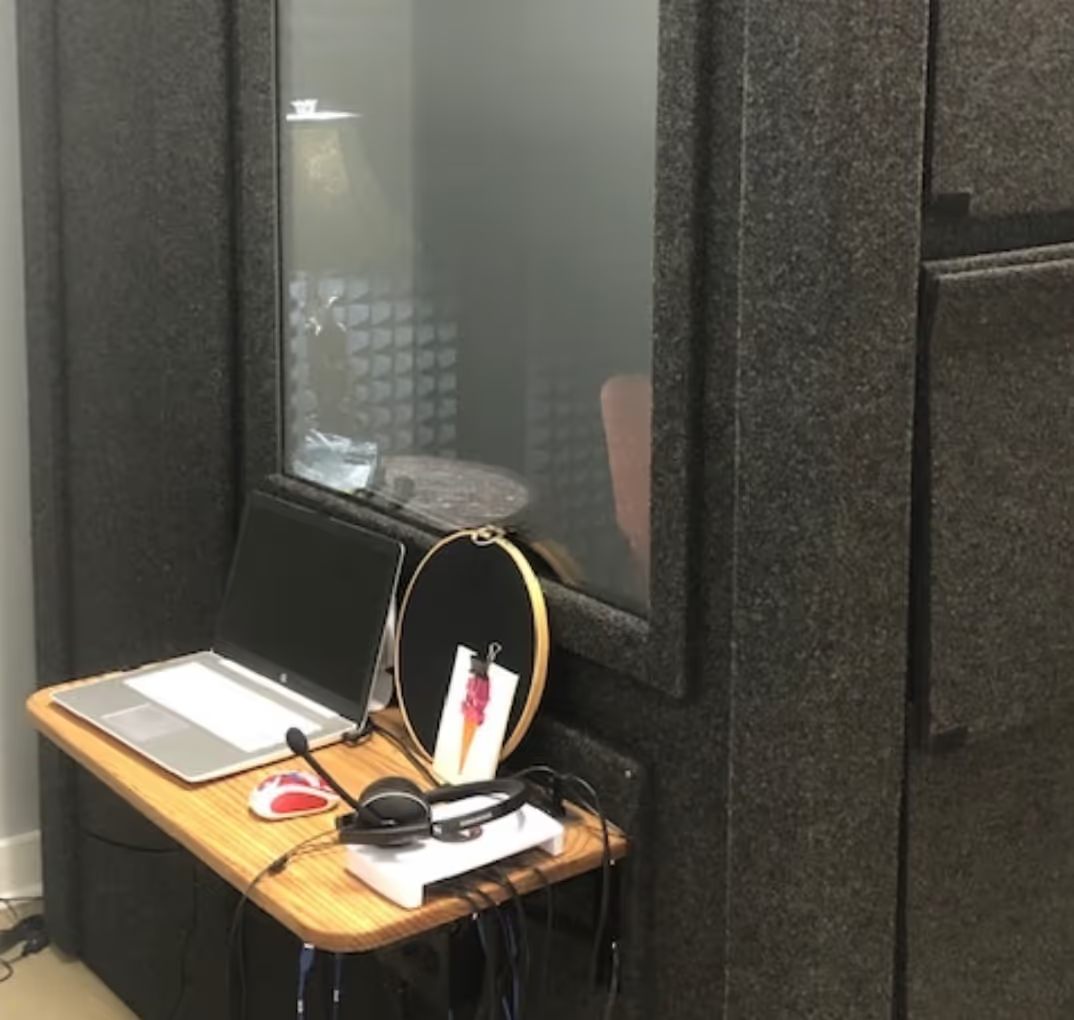
.avif)
.avif)

.avif)
.avif)
.avif)
.avif)
.avif)
.avif)
.avif)
.avif)
.avif)
.avif)
.avif)
.avif)
.avif)
.avif)

.avif)
.avif)

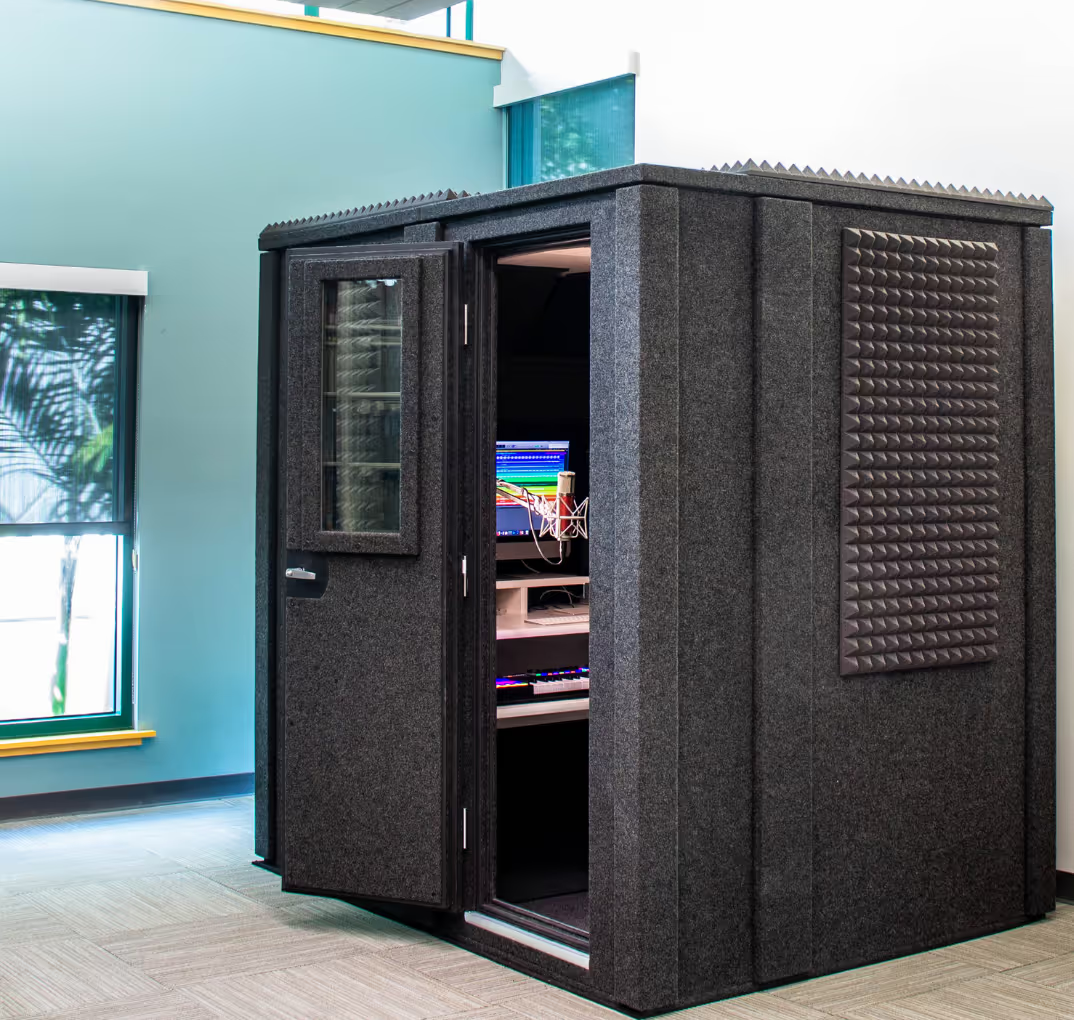
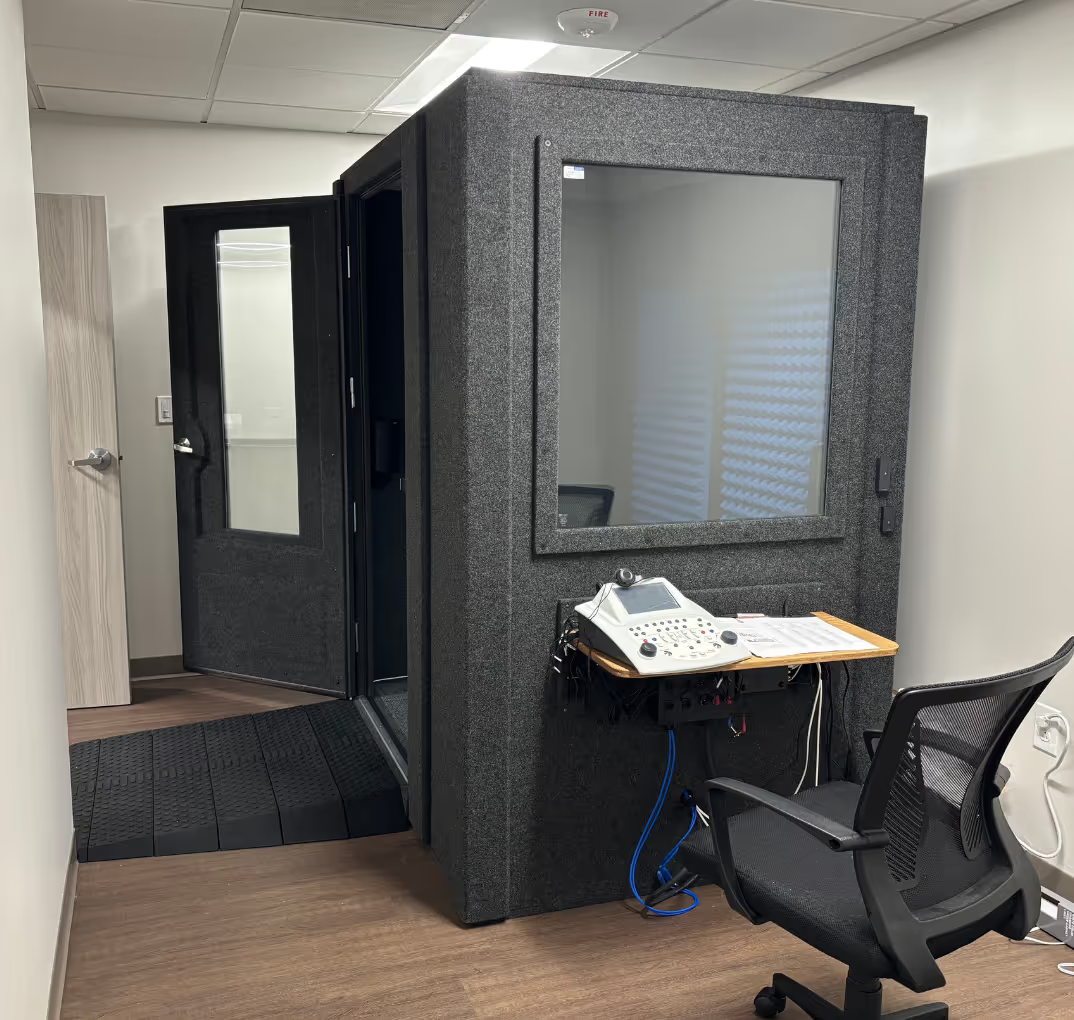
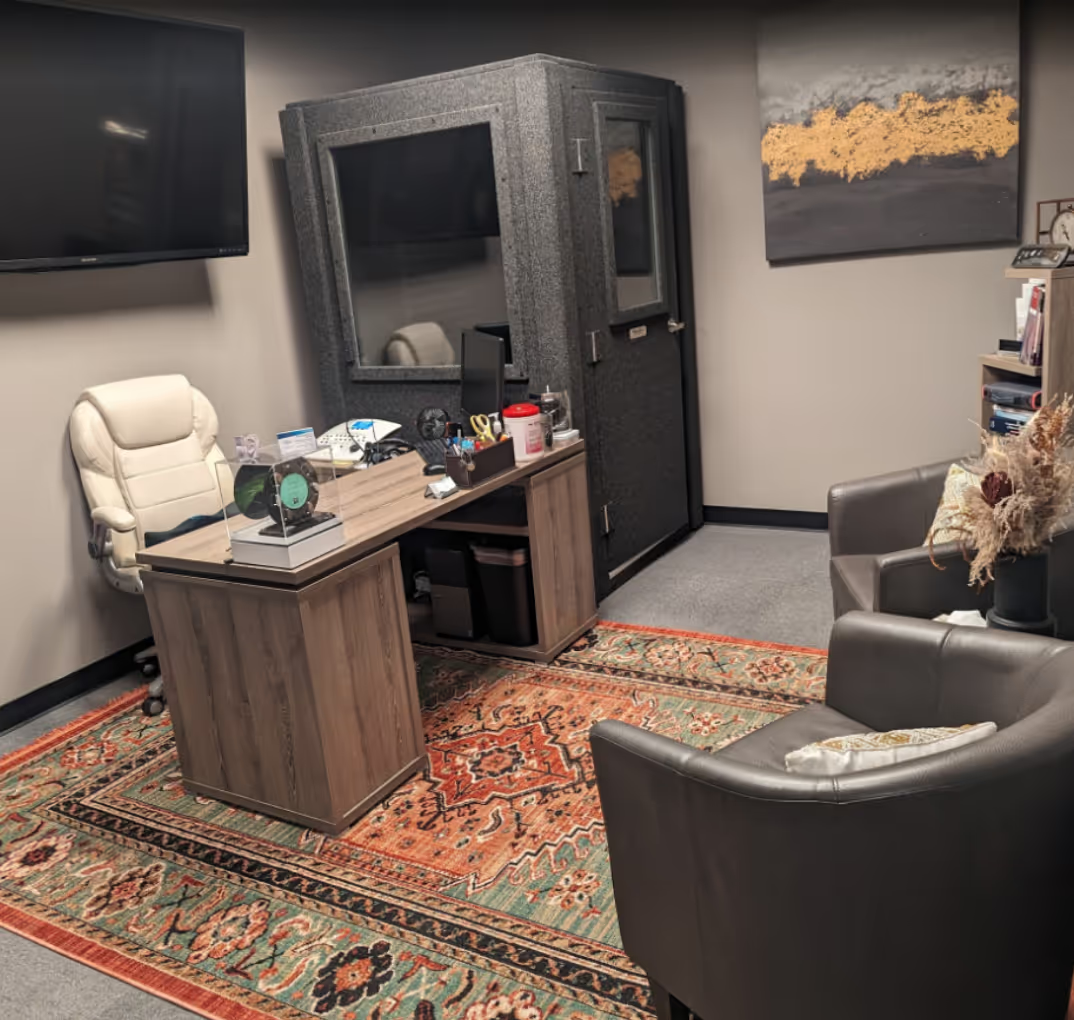


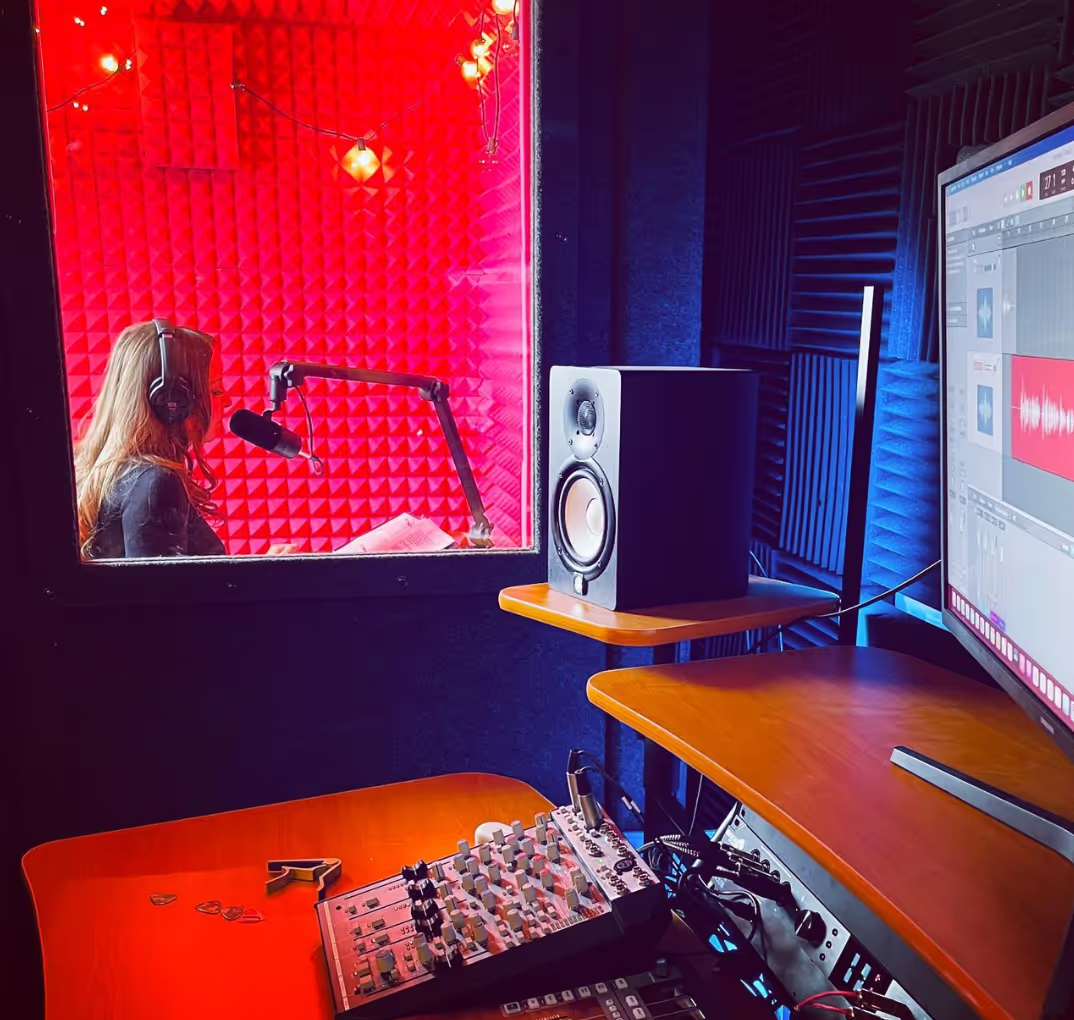
.avif)

